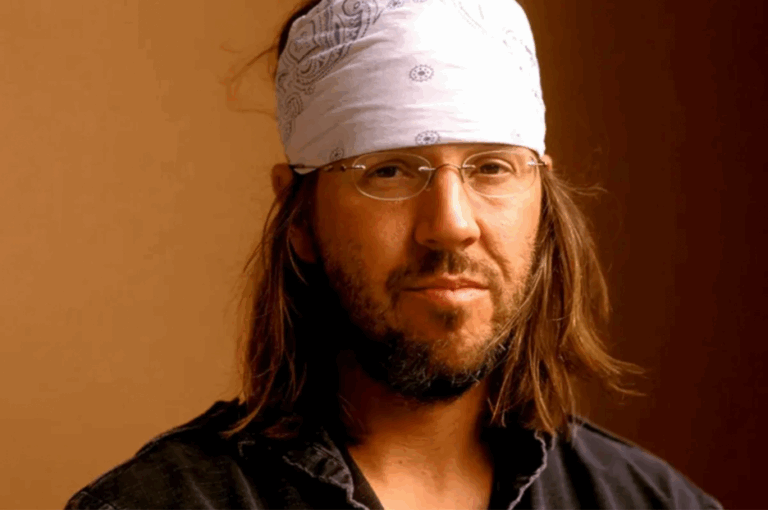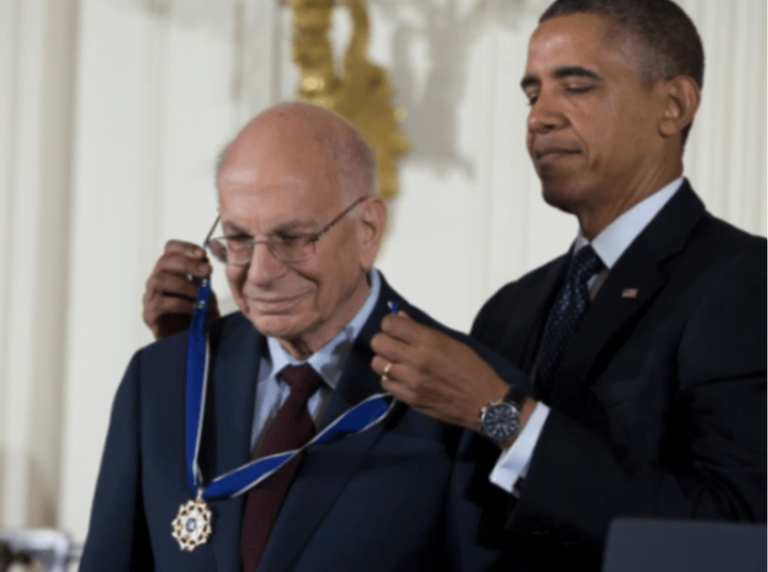Talking Big Ideas.
“Unless a speaker can interest his audience at once, his effort will be a failure.”
~ Clarence Darrow
Years ago, I got invited to speak at a conference.
They gave me 75 minutes to talk. I was exhilarated by the opportunity and spent weeks preparing. When the moment finally arrived, I walked onto the stage, lights shining in my eyes, and looked out at the audience. My opening words went something like this:
Hello, my name is Bob Ewing. It’s really an honor for me to be here today. And I know that you all are busy. So I appreciate you making time for me. And I’m grateful to be invited here by our gracious host…
Without realizing it, I committed a classic blunder. The presidential speechwriter James Humes called it the sin of beginning with “trite blather.” I wasted my precious opening on clichéd thank yous.
Biologist John Medina explains in his bestseller Brain Rules that the first moment of a presentation is “cognitive hallowed ground.” Speakers begin with their audience’s attention. Once they start talking, their audience either leans into their remarks, or begins to drift away.
Done well, the opening engages listeners and sets the stage for what’s to come. Compare my platitudes with these beginning words from innovator Nilofer Merchant:
What you’re doing right now, at this very moment, is killing you.
She wastes no time. She speaks with a clarity that exudes confidence. Her message appeals directly to her audience, who are hooked from the first words.
This is a model for us all: Begin bold, not banal. Avoid starting with clichés like extended thank yous, shoe-horned jokes, or awkward apologies.
Watch Steve Jobs introduce the iPhone to the world. You can feel the hallowed ground in the opening moment. He begins personal, yet profound: “This is a day I’ve been looking forward to for two and a half years. Every once in a while, a revolutionary product comes along that changes everything.”
Not every talk calls for such drama. The author Dan Pink held his audience rapt by appealing to their curiosity: “I need to make a confession at the outset here. A little over twenty years ago, I did something that I regret. Something that I’m not particularly proud of…”
Rhetorical questions can have a powerful effect. Frederick Douglass opened Fighting Rebels with Only One Hand by using several in a row:
What on earth is the matter with the American Government and people? Do they really covet the world’s ridicule as well as their own social and political ruin? What are they thinking about, or don’t they condescend to think at all?
Sharing stories from our lives may be best. Notice how Dave Chappelle grabs our attention immediately. We never have a chance to escape his grasp:
Alright, here’s the story. I started doing stand-up comedy when I was 14. I’ll never forget the first time I was on stage. The guy that introduced me was a guy named JT Newton. I’m 47, I can close my eyes and remember the introduction like it was yesterday…
However you start, respect the hallowed ground of your opening moment.
***
![]() IDEA
IDEA
A strong opening is bold, not banal.
Consider an upcoming presentation you have. Imagine you’re delivering it at a large venue. See yourself walking out onto the stage. What are the first words you say to hook your audience? Try writing them out.
***
Winston Churchill was once asked why he never begins a speech with welcoming remarks like “it gives me a great deal of pleasure to be here today.”
He replied: “There are only a few things from which I derive great pleasure. And speaking is not one of them.”
Regardless of how much we enjoy speaking, let us all respect the hallowed ground and begin bold.
If you find this useful, please subscribe to our free weekly newsletter.




